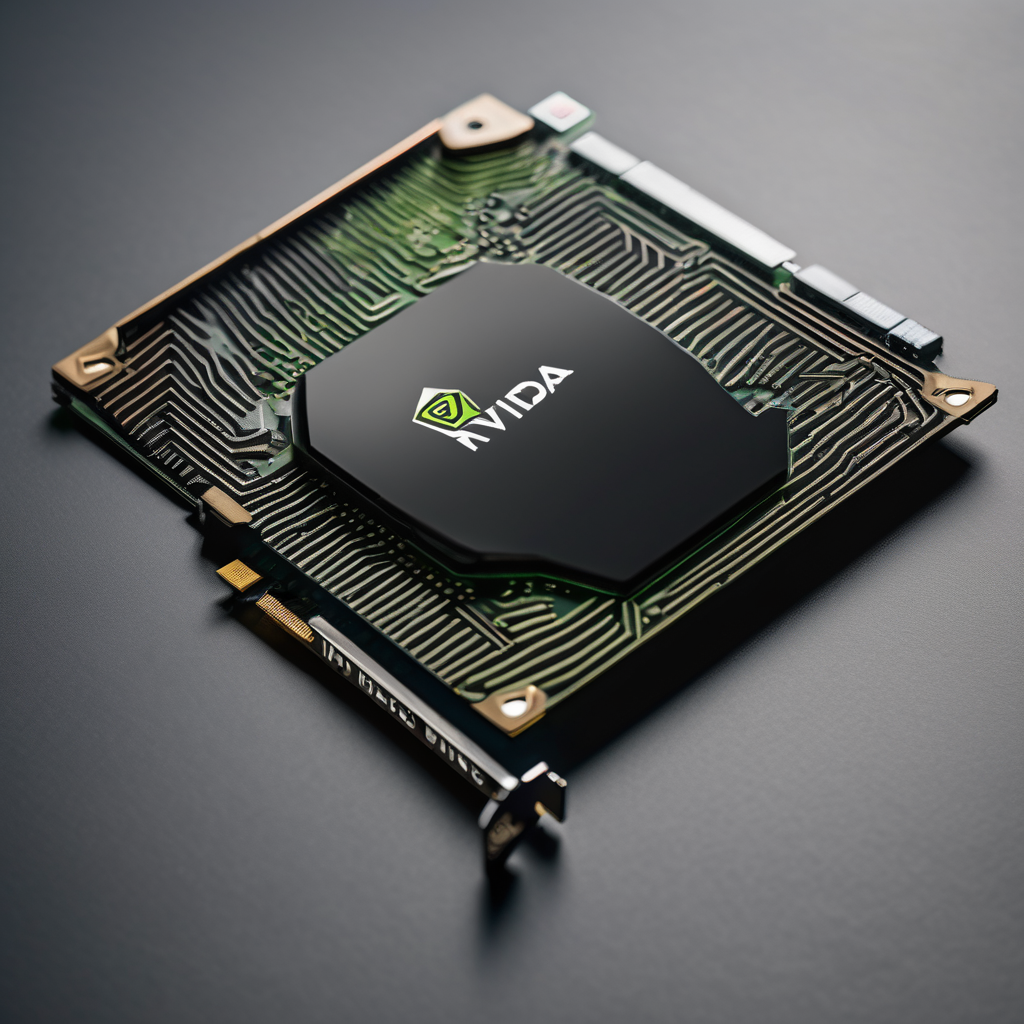Nvidia, a dominant player in the semiconductor industry, took a rare step on Tuesday by publicly defending itself on social media platform X, following reports that its major client, Meta, is contemplating a shift of part of its artificial intelligence infrastructure to Google’s in-house chips known as TPUs. This move came after Nvidia’s stock experienced a decline of over 2.5%, while shares of Alphabet, buoyed by its much-praised Gemini 3 model, saw a price increase for the third consecutive day.
The situation intensified after The Information reported that Google has been marketing its TPUs to external companies, including Meta and several large financial institutions. While Google currently leases these chips through its cloud services, expanding their use directly into customers’ data centers would significantly heighten the competition between Google and Nvidia.
In a post on X, Nvidia expressed support for Google’s advancements in AI but emphasized its own technological superiority. “We’re delighted by Google’s success—they’ve made great advances in AI, and we continue to supply to Google,” the company stated, asserting, “Nvidia is a generation ahead of the industry—it’s the only platform that runs every AI model and does it everywhere computing is done.”
Investor sentiment has shifted, as some industry analysts suggest that Google’s TPUs may now be perceived as a credible alternative to Nvidia’s offerings. Brian Kersmanc, a bearish portfolio manager at GQG Partners, predicted this shift, noting Google’s Gemini 3 model was trained using its own TPUs, a fact that challenges Nvidia’s claim of universal applicability across AI platforms.
Historically, Google’s AI chips were regarded as effective tools for their own operations but lacked the broader appeal needed to rival Nvidia’s general-purpose GPUs, which dominate more than 90% of the AI accelerator market. The architectural differences have played a significant role; TPUs are specialized ASICs tailored for specific tasks, whereas Nvidia’s versatile GPUs claim the ability to run various AI models across diverse platforms. Nvidia highlighted its latest Blackwell architecture as evidence of maintaining a technological edge.
However, the landscape is changing. Google’s Gemini 3, which was developed completely on TPUs, has received favorable reviews and is being compared to the leading models from OpenAI. If Meta moves forward with integrating TPUs into its data centers, this could indicate a substantial pivot in the market dynamics that investors have been anticipating.
In addition to responding to the competitive landscape posed by Google, Nvidia is also dealing with criticism from investor Michael Burry, known for predicting the 2008 financial crisis. Burry has likened the current AI boom to past speculative bubbles, targeting Nvidia’s stock practices. In response, the chipmaker has circulated a detailed memo to Wall Street analysts refuting Burry’s claims. Nvidia defends its business practices as economically sound and highlights its commitment to transparency and integrity in its operations.
As the competition in AI technology intensifies, the dynamics between Nvidia and Google highlight the evolving landscape of the industry. With both companies vying for dominance, innovation and strategic partnerships will likely define the future of AI development.
